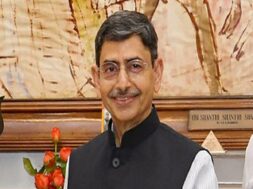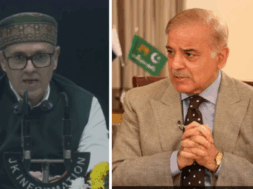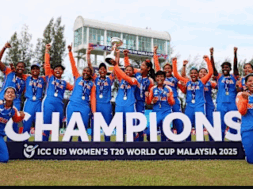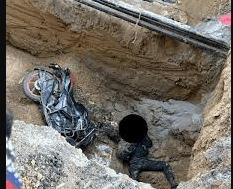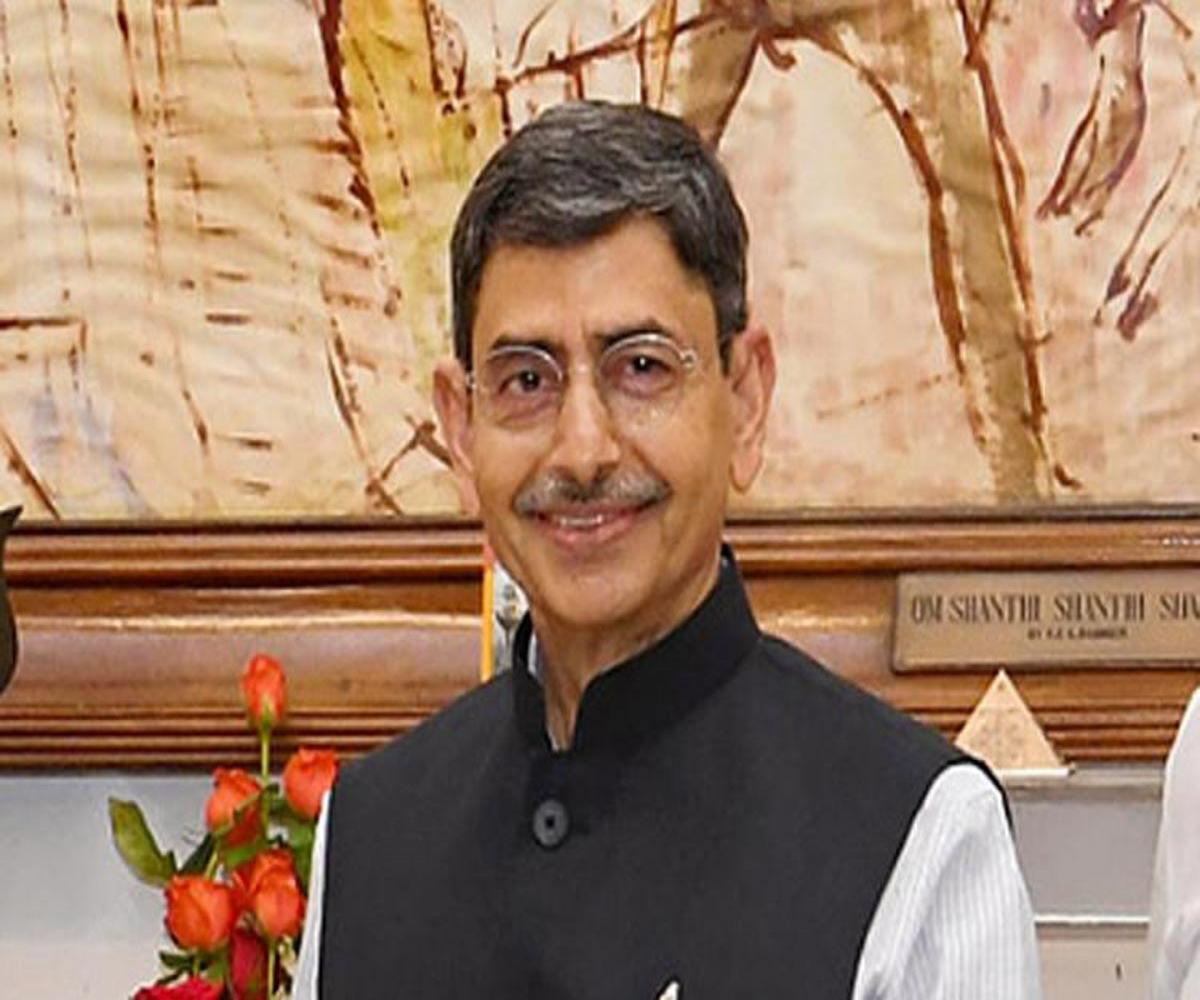
Manas Dasgupta
NEW DELHI, June 30: The alleged “illegal” action of the Tamil Nadu governor RN Ravi to sack a minister without the consent of the chief minister has not only reopened the Governor – Government clash in many of the non-BJP ruled states, but it may have also put the BJP in a spot of bother that governors appointed by the party are hell bent to harass the opposition party governments even disregarding the law of the land.
The BJP at the centre was quick to realise that the Tamil Nadu governor may have exceeded his brief and forced Ravi to retract his decision to remove from the MK Stalin cabinet the arrested minister V Senthilbalaji within five hours. The Ravi took the decision to hold the dismissal of the minister “in abeyance” at the intervention of the union home minister Amit Shah, but the move has badly exposed the farcical behaviour of the Raj-Bhavan in Chennai that despite having a democratically elected government in place, the governor consider himself the supreme power and thereby insulting the people of Tamil Nadu.
As expected, the Tamil Nadu government has decided to “disregard” the communication of the Governor dismissing Senthilbalaji from the Council of Ministers (the communication has since been kept in abeyance), Finance Minister Thangam Thennarasu said in Chennai on Friday. The Governor’s action was untenable in law, he said.
On the evening of Thursday, the governor sent a five-page letter to Stalin communicating his unilateral decision that he had dismissed the arrested minister from the cabinet with immediate effect, only to hurriedly backtrack around midnight that he had been advised by Amit Shah to seek the opinion of the Attorney General and keep his dismissal decision “in abeyance.”
Addressing journalists, accompanied by Law Minister S. Regupathy and DMK Rajya Sabha MP P. Wilson, Mr. Thennarasu said Chief Minister M.K. Stalin would reiterate to the Governor that it is the prerogative of the CM to retain or drop a Minister from the Council of Ministers.
Responding to a query on the Governor’s apprehensions that Senthilbalaji continuing in the T.N. Council of Ministers would influence the ongoing investigation by the Enforcement Directorate and the State police, Thennarasu pointed out that the Minister was in judicial custody and wondered how he could interfere.
Thennarasu questioned the “singling out” of Mr. Senthilbalaji. He charged there were “ulterior political motives” behind the action against the Minister, who is now without a portfolio. Thennarasu referred to “at least 11 cases” pending against serving Union Ministers and pointed out that they continued to be part of the Union Cabinet.
To a query on the Governor’s contention that the CM, in a letter to him, used “intemperate language,” Thennarasu maintained that Stalin was “most courteous” and had always ensured the dignity of the office of the Governor. Thennarasu also said the government was not opposed to a fair investigation against Senthilbalaji.
After a five-page letter citing his constitutional right to dismiss the minister overriding the state’s DMK government, the Governor retracted the highly controversial decision in a one-page letter referring to advice from the Union Home Minister that it would be “prudent” to seek legal opinion.
The Governor’s move, a first in recent memory, was slammed by the ruling DMK and its ally Congress as constitutional impropriety. The letters indicate a realisation at the Centre that he may have overstepped his brief.
According to a landmark Supreme Court decision in 1975 on the role and powers of the President of India and Governors, they cannot act unilaterally. “The President and the Governor, be they ever so high in textual terminology, are but functional euphemisms promptly acting on and only on the advice of the Council of Ministers save in a narrow area of power….In the matter of exercise of the powers under Articles 72 and 161, the two highest dignitaries in our constitutional scheme act and must act not on their own judgment but in accordance with the aid and advice of the ministers….The constitutional conclusion is that the Governor is but a shorthand expression for the State Government and the President is an abbreviation for the Central Government,” says the judgment, cited by DMK and Congress leaders.
Senthilbalaji, arrested two weeks ago by the Enforcement Directorate over cash for job allegation was retained as a minister without portfolio by Chief Minister MK Stalin. A court in Chennai has extended his judicial custody till July 12. While in custody, the minister also had bypass surgery. Outraged by the Governor’s move, Stalin had threatened to approach the Supreme Court. “Governor doesn’t have the right (to dismiss a sitting minister) and we will face this legally,” he said.
Confrontations between Governors and state governments, specifically in opposition-ruled states, is not new in Indian politics and has become almost a regular happening for the last few years after the BJP-appointed governors took charge of the states ruled by non-BJP parties. But Ravi’s unilateral action perhaps indicated an unprecedented low in the governor – government relations.
The Supreme Court has, in several judgments, ruled that Governors will have to act on the advice of the council of ministers from the state cabinet, just as the President of India does for the central cabinet. Given this legal foundation, experts instinctively argued that Governor Ravi’s decision was unprecedented and would not have stood the test of law. A confident first response of Tamil Nadu Chief Minister MK Stalin was that the state government will challenge the matter legally.
Governor Ravi’s constant run-ins with the DMK government, including his comments criticising core Dravidian ideological narratives that dominate the state polity, have only reinforced the regional sentiment that is the cornerstone of the DMK’s politics in the southern state. The DMK has also alleged that the Raj Bhavan has been turned into a “political and ideological” office.
The BJP cannot be openly seen as distancing itself from the governor, but privately, several state leaders have long held that the Governor’s actions and ideological statements will be of no help to the party electorally. In the past, Governor Ravi had criticised the “Dravidian model” of governance and had even questioned the name of the state. These instances have been embarrassing even to the BJP’s principal ally in the state, the AIADMK and may also harm the BJP in the Parliamentary elections.
Electorally, the DMK has constantly portrayed the BJP as a “North Indian Party”. The state BJP’s focus is on negating that image. It has preferred to stay with themes like corruption and nepotism against the DMK rather than embark on an ideological confrontation in a state where it has a weak presence but the BJP-appointed governor doesn’t seem to be helping BJP in the Dravidian state at all.
The ties between the DMK government and Ravi soured this year owing to a string of clashes, whether over Ravi calling “Tamizhagam” the “appropriate” name for Tamil Nadu, or his articulation of the Governor’s powers to withhold a Bill. The DMK on multiple occasions called Ravi’s positions contradictory of the spirit of cooperative federalism. The governor – government clashes in the past few years have manifested in several non-BJP ruled states including Telangana, Karnataka before and after BJP was in power, West Bengal, Maharashtra when the Maha Vikas Aghadi ministry in power, Kerala, Delhi, Punjab and several more. In none of the states, such conflicts have helped enhancing the status of the governors.
